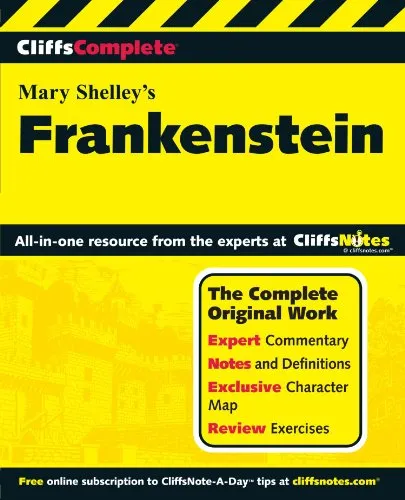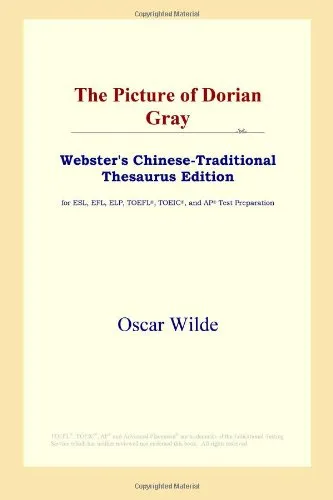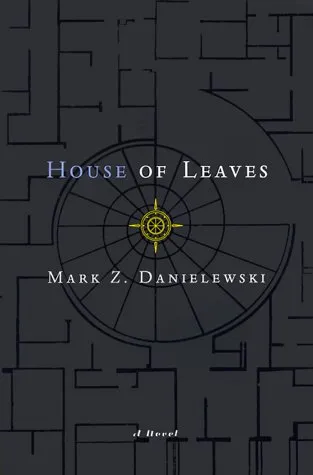Frankenstein
3.8
Reviews from our users

You Can Ask your questions from this book's AI after Login
Each download or ask from book AI costs 2 points. To earn more free points, please visit the Points Guide Page and complete some valuable actions.Related Refrences:
Persian Summary
Introduction to Frankenstein
Mary Shelley's "Frankenstein", often lauded as the pioneering work of science fiction, delves into profound themes of ambition, ethics, and the human condition. This iconic novel, first published in 1818, remains a cornerstone of Gothic literature.
Detailed Summary
Set against a backdrop of scientific exploration and ethical boundaries, Frankenstein tells the cautionary tale of Victor Frankenstein, a young Swiss scientist. Embracing the zeal of curiosity and the urge to conquer nature, Victor discovers the secret of life and exhaustively reanimates lifeless tissue. The resulting creation, a sentient being constructed from parts of the deceased, is thrust into a world that shuns and fears him.
Initially innocent, the creature is met with hostility, rejection, and solitude. As Victor grapples with his guilt and the consequences of his actions, the narrative unfolds a complex interplay between creator and creation. The creature's journey from benevolence to vengeance is marked by tragedy, as it seeks acknowledgment, companionship, and eventually, retribution for the injustices faced.
Key Takeaways
- The perils of unchecked ambition: Victor's quest to defy natural order highlights the potential consequences of playing God.
- Ethical considerations in scientific advancement: The novel questions moral responsibilities associated with scientific pursuits.
- Isolation and the need for companionship: Both Victor and his creation suffer from profound isolation, a key factor in their tragic outcomes.
- The duality of human nature: Through contrasting characteristics in Victor and his creation, Shelley explores the inner conflict between light and darkness.
Famous Quotes from the Book
"Beware; for I am fearless, and therefore powerful."
"I ought to be thy Adam; but I am rather the fallen angel..."
"Nothing is so painful to the human mind as a great and sudden change."
Why This Book Matters
Frankenstein persists in its relevance, offering insightful critique on scientific hubris and ethical boundaries. In an age where advancements in biotechnology and artificial intelligence continue to spark debates, Shelley's novel acts as a prophetic warning and an urgent reminder of our responsibilities as creators.
Its multidimensional characters and profound thematic depth offer myriad interpretations, whether through the lens of feminism, existentialism, or post-colonial studies. As such, Frankenstein serves not only as a gripping narrative but also as a philosophical exploration that compels readers to reflect on technology, morality, and what it means to be human.
Free Direct Download
You Can Download this book after Login
Accessing books through legal platforms and public libraries not only supports the rights of authors and publishers but also contributes to the sustainability of reading culture. Before downloading, please take a moment to consider these options.
Find this book on other platforms:
WorldCat helps you find books in libraries worldwide.
See ratings, reviews, and discussions on Goodreads.
Find and buy rare or used books on AbeBooks.
1469
بازدید3.8
امتیاز0
نظر98%
رضایتReviews:
3.8
Based on 0 users review
Questions & Answers
Ask questions about this book or help others by answering
No questions yet. Be the first to ask!






